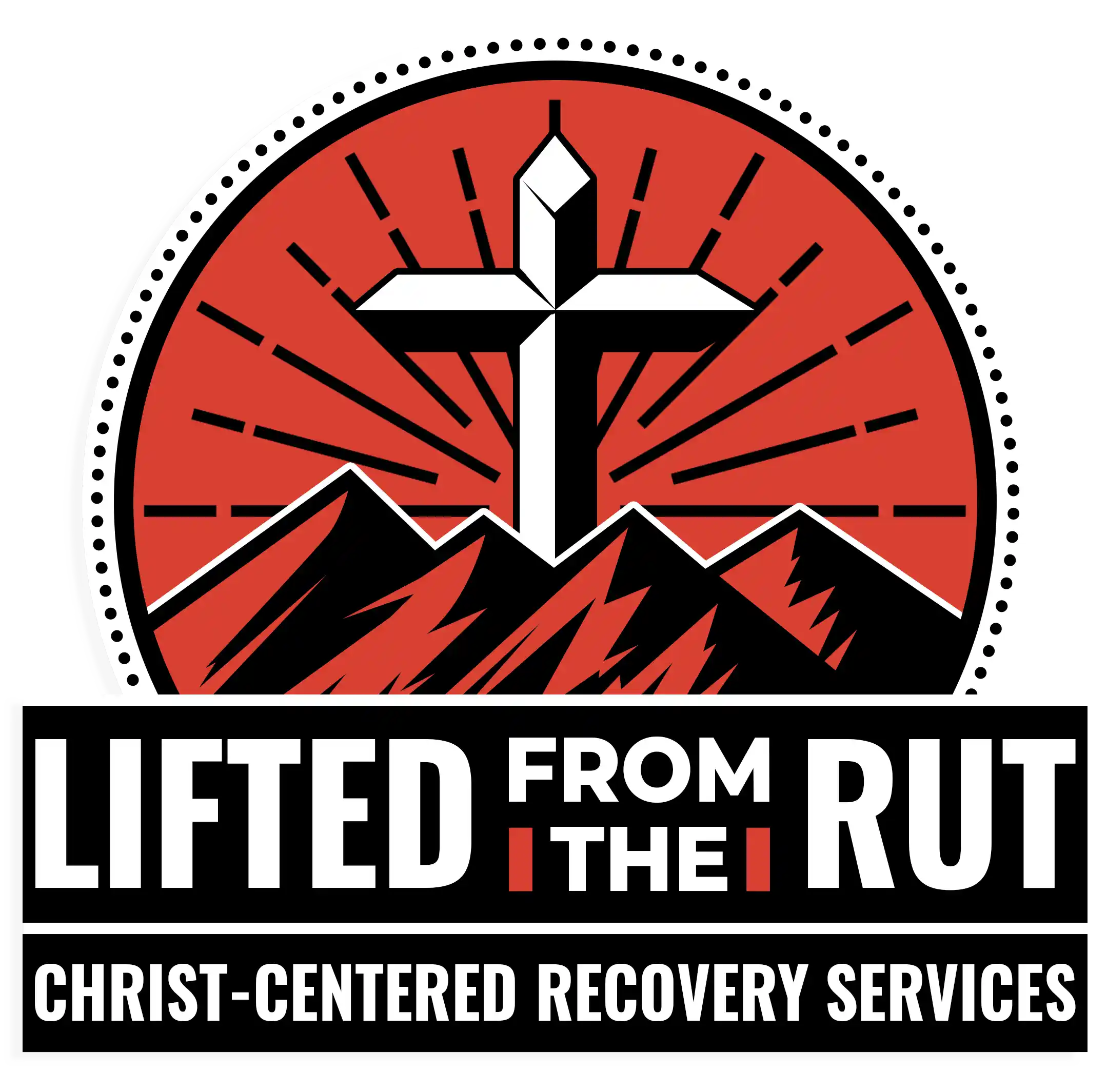Starting intensive outpatient treatment (IOP) is a major step toward recovery, and being prepared can make the process smoother and more effective. Understanding what to expect and how to plan helps reduce stress and ensures you get the most out of your time in the program.
This article will walk you through the key steps to prepare for IOP so you can focus fully on your healing journey.
Understand the Structure of Intensive Outpatient Treatment
These programs typically include multiple therapy sessions each week, such as individual counseling, group therapy, and skill-building activities. Unlike residential options, IOP allows participants to live at home while receiving structured support. This balance makes it possible to continue with work, school, or family life while still receiving essential care. Preparing for this level of care means committing both time and energy, and understanding the structure beforehand helps reduce uncertainty.
IOP sessions often focus on developing coping skills, building relapse prevention strategies, and strengthening emotional resilience. Many intensive outpatient programs also incorporate education about addiction and mental health, which gives participants tools to manage triggers better. Knowing that you’ll encounter both therapeutic and educational elements can help you approach treatment with realistic expectations.
Organize Your Schedule and Commitments
Most programs require several hours per week, spread over three to five days. Take time to adjust your personal and professional schedule to accommodate treatment sessions. This may include notifying your employer about your commitment, arranging childcare, or rescheduling other responsibilities. Making these adjustments in advance helps you reduce the risk of conflicts that could interfere with consistent attendance.
It may also help to create a daily routine that prioritizes your well-being. Setting aside time for rest, exercise, and healthy meals around your therapy schedule can strengthen your recovery process. Designing a routine that supports both treatment and personal health allows you to create a more stable environment that supports healing.
Address Practical and Financial Arrangements
Check with your insurance provider about coverage for outpatient services and confirm any out-of-pocket costs. Having this information in advance helps prevent unexpected financial stress. If your insurance does not cover all expenses, consider discussing payment plans or other financial assistance with the provider. Transportation is another key factor. Reliable ways to get to and from the facility, whether driving yourself, using public transit, or arranging rides with family, ensure you never miss a session.
Preparing meals in advance or organizing household responsibilities with family members can also reduce day-to-day stress. Family involvement in these practical areas not only eases daily burdens but also strengthens support for your recovery. These small but significant steps allow you to focus more fully on treatment instead of being pulled into last-minute problems.

Build a Supportive Environment at Home
Having a supportive and stable environment encourages progress and reduces temptations. Discuss the treatment schedule with your family or close friends and emphasize the importance of their support and encouragement. Explaining the structure of the program can help them understand what you are working through and how they can contribute positively.
It may also be necessary to set clear boundaries at home. This could mean asking others to avoid discussing certain triggering topics or limiting exposure to people and environments that are not supportive of your recovery. Removing alcohol, drugs, and other addictive triggers from your living space creates a healthier environment that supports your treatment goals.
Prepare Mentally and Emotionally for the Journey
Entering treatment means committing to honesty, openness, and active participation in therapy sessions. For many, faith becomes the cornerstone of recovery, providing strength and hope through challenges. Some individuals may feel nervous about sharing personal struggles in a group setting, but faith-based guidance offers reassurance that participants are not alone and that others in the program are facing similar challenges can ease that fear.
Preparing mentally may involve journaling about your reasons for entering treatment, setting personal goals, or practicing calming techniques such as prayer, mindfulness, or meditation. Having strategies in place to manage anxiety or stress will help you stay grounded during challenging moments. Emotional readiness increases your resilience and helps you approach each session with a mindset of growth.
Final Thoughts from LFTR Christ-Centered Rehab Services
Preparing for intensive outpatient care is about more than organizing your schedule. It’s about creating space in your life to focus on recovery. Addressing practical needs, building support systems, and approaching sessions with a willing heart increase the likelihood of lasting success.
At LFTR Christ-Centered Rehab Services, we understand the challenges that come with beginning treatment. Our Christ-centered intensive outpatient program in Colorado provides structure, guidance, and encouragement grounded in faith. With experienced staff and a supportive environment, we are committed to walking with you on your journey toward healing and long-term recovery.





